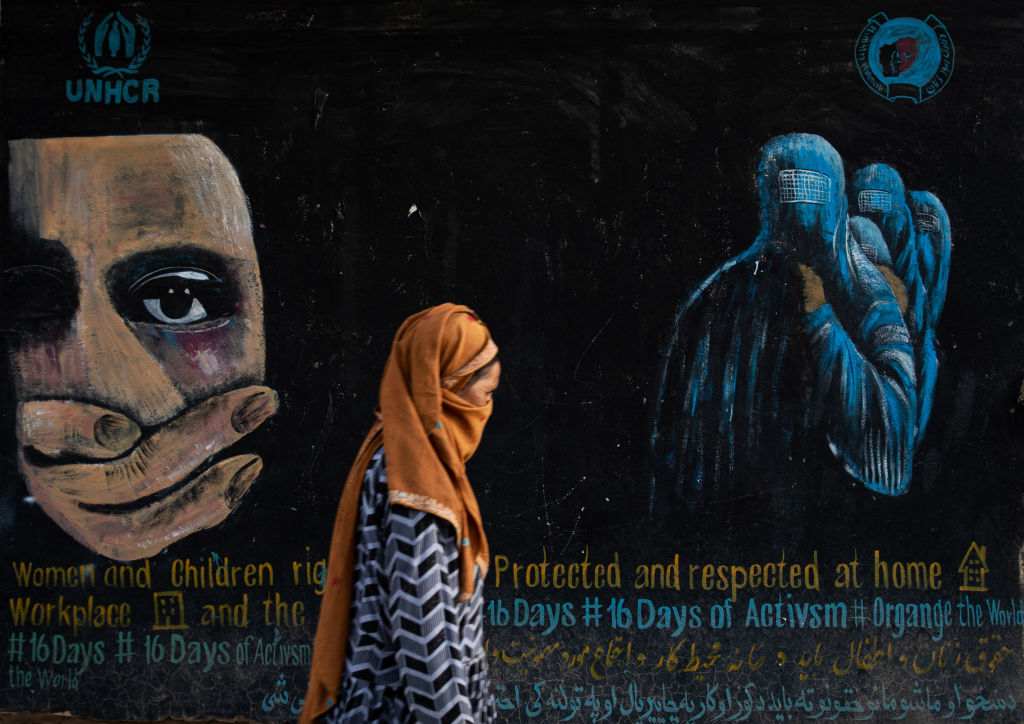
2011 tenth warmest year on record
New scientific research from the World Meteorological Organization (WMO) shows that 2011 has been the tenth warmest year since records began in 1850.
The Geneva-based WMO said on Tuesday global temperatures in 2011 had been higher than any other previous year with a La Nina event, an ocean atmosphere phenomenon which has a cooling influence.
The warmest 13 years on record have all occurred in the 15 years since 1997.
WMO Secretary General Michel Jarraud said the organisation’s provisional Statement on the Status of the Global Climate “proves unequivocally that the world is warming and that this warming is due to human activities”.
“Concentrations of greenhouse gases in the atmosphere have reached new highs,” Jarraud said. “They are very rapidly approaching levels consistent with a 2 – 2.4 degree centigrade rise in average global temperatures which scientists believe could trigger far-reaching and irreversible changes in our earth, biosphere and oceans.”
The global climate was heavily influenced in 2011 by the La Nina event which was one of the strongest in the last 60 years. It was closely linked to drought in east Africa, islands in the central equatorial Pacific and the southern United States, and to flooding in southern Africa, eastern Australia and southern Asia.
The extent of Arctic sea ice in 2011 was the second lowest on record, and its volume the lowest. The seasonal Arctic sea ice minimum, reached on September 9, was 4.33 million square kilometres – 35 per cent below the 1979-2000 average and only slightly more than the 2007 season, the WMO said.

In compliance with the JTI standards
More: SWI swissinfo.ch certified by the Journalism Trust Initiative















![The four-metre-long painting "Sonntag der Bergbauern" [Sunday of the Mountain Farmers, 1923-24/26] had to be removed by a crane from the German Chancellery in Berlin for the exhibition in Bern.](https://www.swissinfo.ch/content/wp-content/uploads/sites/13/2025/12/01_Pressebild_KirchnerxKirchner.jpg?ver=a45b19f3)













You can find an overview of ongoing debates with our journalists here . Please join us!
If you want to start a conversation about a topic raised in this article or want to report factual errors, email us at english@swissinfo.ch.